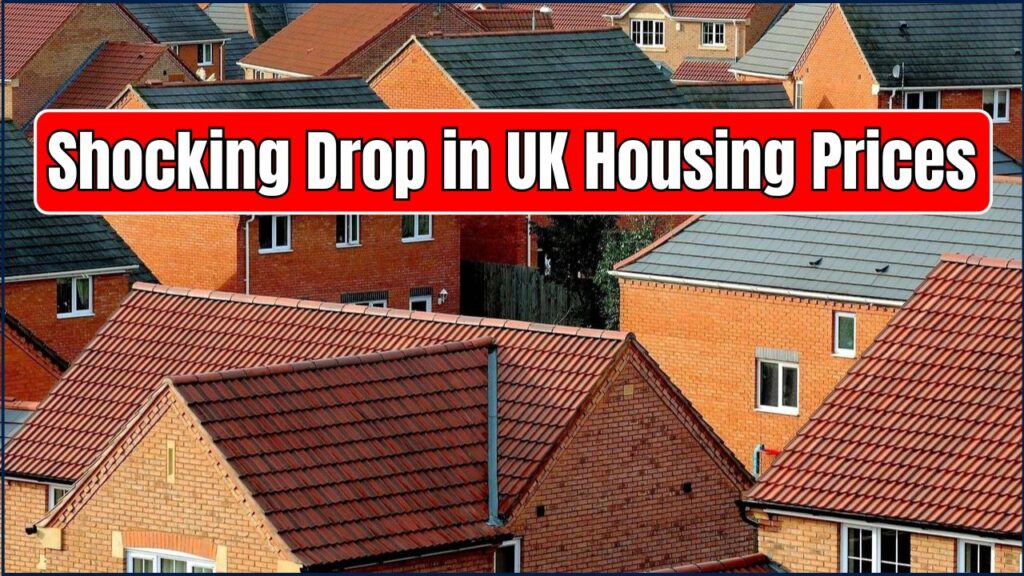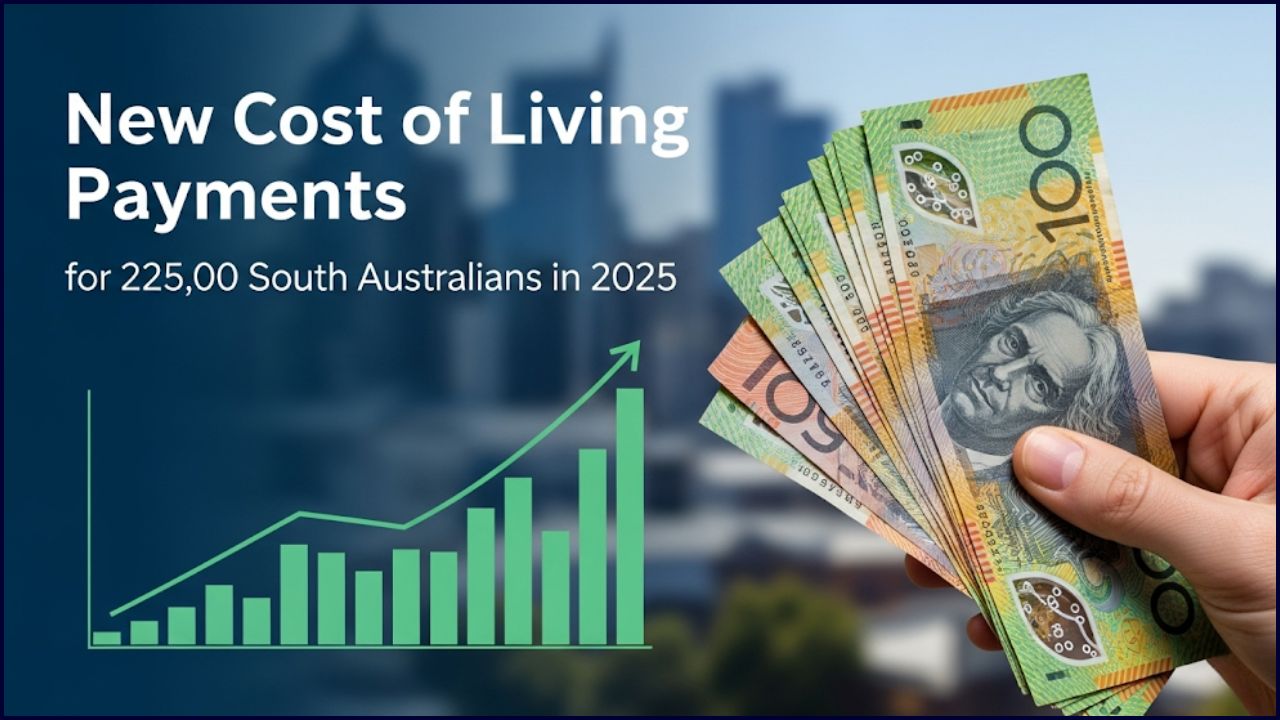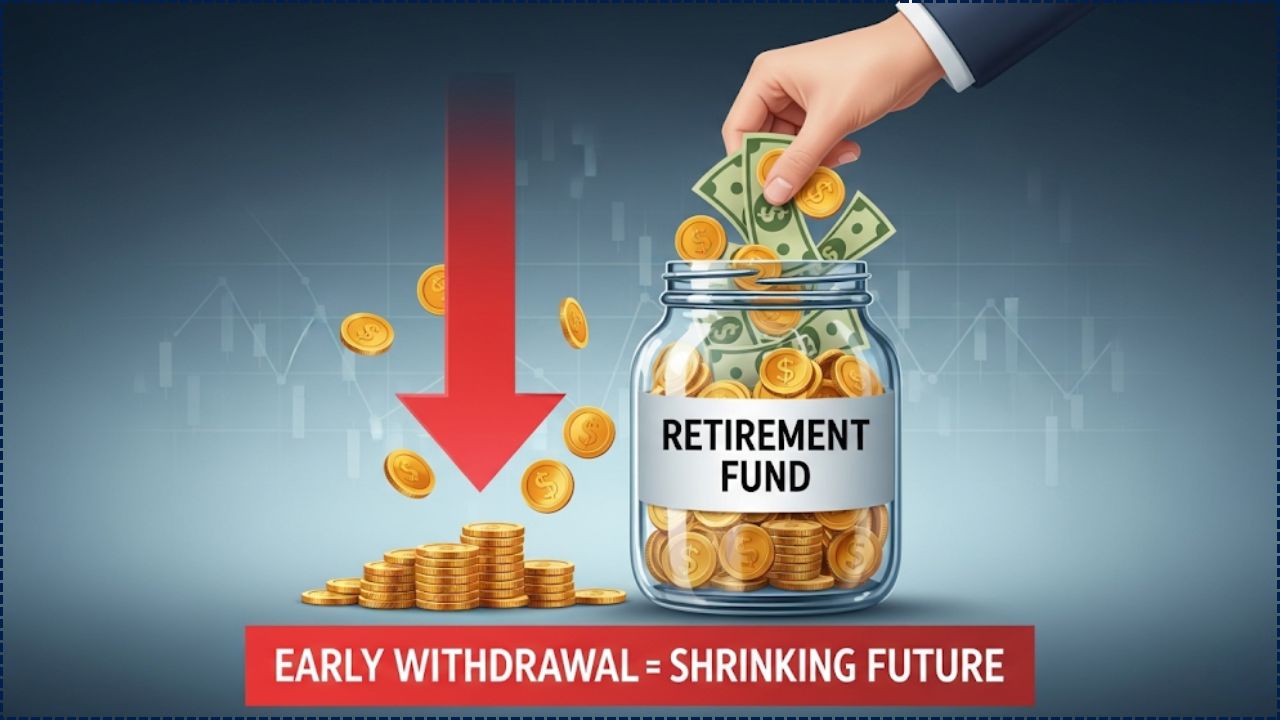The UK housing market is in the midst of a significant downturn, with house prices falling at their fastest rate in two decades. This drop has been attributed to a range of economic pressures, changing government policies, and shifts in buyer demand. But what exactly is behind this sudden change, and what does it mean for buyers, sellers, and the economy as a whole?

Whether you’re a potential homeowner, investor, or simply someone interested in understanding the market trends, this article will give you a comprehensive look at the factors driving the UK’s housing price drops, what’s at stake, and how you can navigate this evolving landscape.
Shocking Drop in UK Housing Prices
| Key Factor | Details | Source |
|---|---|---|
| Average Price Drop | 1.2% drop in average house prices (July 2025) | The Guardian |
| Mortgage Rate Change | Two-year fixed mortgage rates dropped from 5.34% to 4.53% | The Times |
| End of Tax Reliefs | Expiration of stamp duty cuts in April 2025 | Homebuilding |
| Housing Supply Surge | Highest increase in listings since 2015 | The Times |
| Regional Price Variations | Modest growth in areas like the North East | Homebuilding |
The UK housing market is facing a turbulent period, with house prices falling sharply due to a combination of factors, including the end of temporary tax reliefs, increased housing supply, and broader economic pressures. While this may present challenges for sellers, it also offers opportunities for buyers and investors. Understanding the market dynamics, making informed decisions, and keeping a long-term perspective will be crucial for navigating these changes successfully.
As always, keep a close eye on economic trends and housing data to make the best choices for your situation. With patience, research, and the right strategy, you can weather the storm and find success in the ever-changing housing market.
What’s Causing the Sudden Drop in UK House Prices?
The factors driving this dramatic shift in house prices are varied and multifaceted. Here’s a deeper dive into what’s behind the sudden and sharp price drop:
1. End of Temporary Tax Reliefs
A major contributor to the fall in house prices is the expiration of stamp duty cuts, which were introduced to stimulate the housing market during the COVID-19 pandemic. With these tax cuts no longer in effect from April 2025, the added cost of purchasing a home has made buyers more cautious, leading to reduced demand and, consequently, lower prices.
2. Increased Housing Supply
At the same time, the number of homes available for sale has surged. Listings are at their highest level since 2015, which has created more options for buyers. With more properties to choose from, many sellers are having to lower their prices to attract attention in a crowded market.
3. Improved Mortgage Affordability
While interest rates have dropped slightly, making mortgages more affordable, this has had a paradoxical effect. Rather than creating a sense of urgency to purchase, the improved affordability has led many potential buyers to feel less pressured, waiting for even better deals. This reduced urgency has led to fewer bids and, in turn, lower prices.
4. Regional Variations in the Market
The downturn is not uniform across the country. While cities like London and areas in the South East have seen the sharpest drops in prices, other regions, such as the North East and Yorkshire, have managed to maintain, or even see modest growth, in house prices. This indicates a regional disparity, with areas that were previously more affordable seeing a steady increase in value.
5. Broader Economic Pressures
The ongoing issues related to inflation and the cost of living are also playing a crucial role. As inflation continues to erode purchasing power, many potential buyers are holding off on purchasing homes. The rise in general living costs has left many people less willing to take on additional financial commitments like buying property.
The Impact of Falling House Prices on Other Sectors
A drop in house prices doesn’t only affect homeowners and potential buyers—it has ripple effects across various sectors of the economy. Real estate, construction, home improvement businesses, and local economies are all influenced by changes in housing prices.
- Construction Industry: As housing demand falls, developers may delay or scale back new construction projects, leading to job losses and less economic activity in the construction sector.
- Retail Sector: Property values are often closely tied to consumer confidence. When people feel less financially secure due to falling house prices, they tend to reduce spending, which can slow down retail growth.
- Local Businesses: In areas with falling property values, local businesses may struggle as residents cut back on discretionary spending. This is particularly noticeable in highly urbanized areas where housing prices and business activity are tightly linked.
Predictions and Future Outlook: What Lies Ahead?
So, what can we expect in the future? According to industry experts and recent studies from organizations like Rightmove, the immediate outlook for the UK housing market remains uncertain, with predictions pointing to a gradual stabilization of prices.
- Price Stabilization: After the steep drops, the market is likely to stabilize by late 2025. Property values may continue to fluctuate, but they are expected to level off rather than experience further rapid declines.
- Interest Rates: Experts predict that mortgage rates may remain relatively stable or even decline slightly in the coming months, which could provide some relief to buyers.
- Regional Recovery: Areas that have seen minimal drops in price, like the North East, may experience steady growth as more people look to relocate out of the higher-cost areas like London.
Practical Advice for Different Groups
Whether you’re looking to buy or sell, here are some actionable insights tailored to different groups:
For First-Time Homebuyers:
- Look for Affordable Areas: Focus on regions outside of high-demand cities like London. The North and parts of the Midlands offer affordable options with potential for future growth.
- Take Advantage of Low Mortgage Rates: If you’re looking to secure a mortgage, now might be the time. Rates have been dropping slightly, so securing a good rate could save you thousands in the long run.
For Sellers:
- Price Competitively: With more properties flooding the market, price your home realistically. Overpricing will likely turn buyers away.
- Be Flexible: In a slower market, be prepared to negotiate. Offering incentives, such as paying part of the closing costs or providing home warranties, can make your property stand out.
For Investors:
- Focus on Long-Term Growth: While house prices are fluctuating now, there may be opportunities for investment in growing regions where house prices are expected to increase in the long term.
- Keep an Eye on Interest Rates: Interest rates can significantly affect the profitability of investment properties. If you plan to finance your investment, keep a close watch on rates.
FAQs About the UK Housing Market
Why are house prices in the UK dropping so suddenly?
Several factors, including the end of tax reliefs, an increase in housing supply, and rising inflation, have combined to create a sudden decrease in house prices.
Is now a good time to buy a house in the UK?
Yes, if you can secure a favorable mortgage rate and are willing to do your homework, now could be a good time. However, always consider your long-term financial stability before purchasing.
How will falling house prices affect the economy?
Falling house prices can slow economic growth, particularly in the construction and retail sectors, as lower consumer confidence leads to reduced spending.
How do mortgage rates affect house prices?
Lower mortgage rates generally make home buying more affordable, which can increase demand and push prices up. In contrast, higher rates can reduce affordability and slow down price growth.












